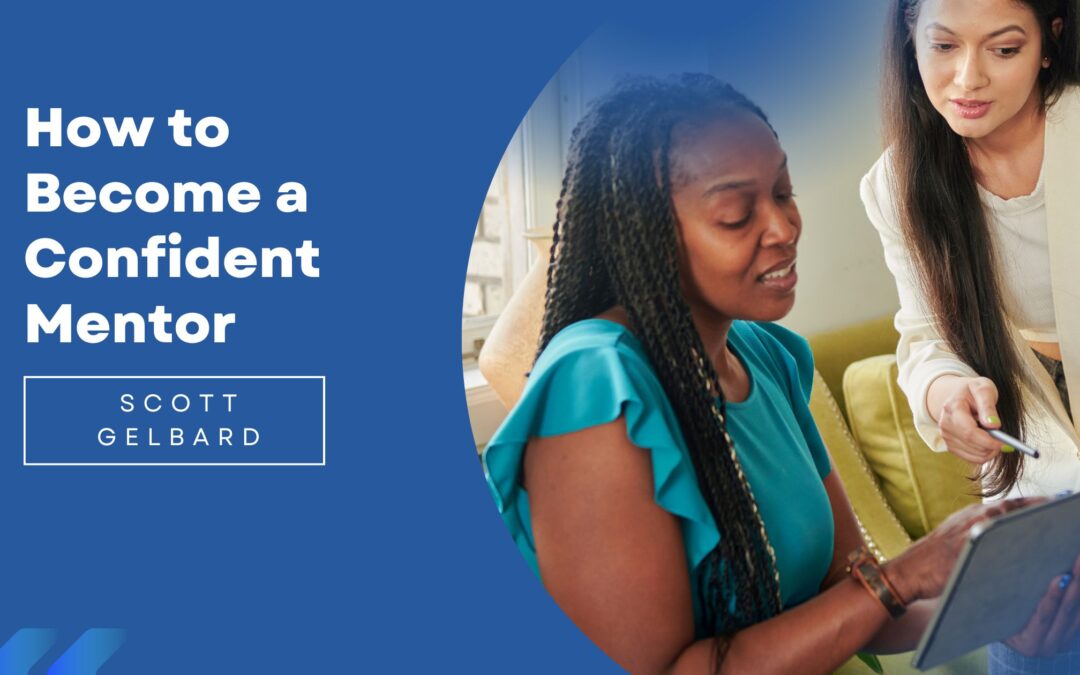Becoming a mentor is a rewarding experience that can positively impact both the mentor and the mentee. A mentor provides guidance, support, and advice to someone looking to develop their skills or achieve their goals. Being a mentor requires confidence, patience, and a willingness to share your knowledge and experience.
Identify Your Strengths
The first step in becoming a confident mentor is identifying your strengths and areas of expertise. Identifying your strengths can help you feel more optimistic about mentoring someone and providing guidance.
Set Clear Expectations
Setting clear expectations is essential to building a solid mentor-mentee relationship. Communicate your goals and expectations for the mentoring relationship and what you hope to achieve together. This can help establish trust and a shared understanding of what the mentee can expect from the relationship.
Listen and Ask Questions
Active listening and asking questions are essential skills for any mentor. Listen to the mentee’s goals, concerns, and questions, and ask relevant questions to help them clarify their thoughts and identify potential solutions. This can help build a strong relationship and enable the mentee to feel heard and supported.
Share Your Experience
Sharing your experience and knowledge is a crucial part of being a mentor. Use your expertise to help the mentee navigate challenges, avoid common pitfalls, and identify growth opportunities. Share your successes and failures, and be honest about what you’ve learned.
Provide Constructive Feedback
Providing constructive feedback is essential to helping the mentee grow and develop their skills. Be specific in your feedback, and offer suggestions for improvement. Provide feedback in a supportive and non-judgmental manner to help the mentee feel comfortable and motivated to improve.
Be Patient
Being a mentor requires patience and an understanding that growth takes time. Recognize that the mentee may not always immediately understand or implement your advice, and be patient as they develop their skills and expertise. Celebrate their progress and offer encouragement along the way.
Foster a Growth Mindset
Fostering a growth mindset is an essential part of being a mentor. Encourage the mentee to embrace challenges and view setbacks as opportunities for growth. Help them develop a positive methodology for learning and encourage them to take risks and try new things.
Continuously Learn and Develop
Being a mentor requires continuous learning and development. Stay current on industry trends. Becoming a confident mentor requires identifying your strengths, setting clear expectations, active listening and asking questions, sharing your experience, providing constructive feedback, being patient, fostering a growth mindset, and continuously learning and developing.

